Project partners
OMINO project consists of the Coordinator and six Beneficiaries - these are the entities that particiapte in the budget obtained from the European Commission and threfore can send researchers for secondments as well as act as hosts for secondees. Their representatives form Project Management Committee that oversees Project implementation. They are supported by Associated Partners (AP), who can act as hosts. University of Wolverhampton is a special Partner - although it formally belongs to AP, UoW posseses its own budget obtained from UKRI (UK Research and Innovation) and thus is also able to second its researchers.
Project coordinator

WUT
Warsaw University of Technology
Warsaw (PL)
-
Project management and coordination
-
Ethics requirements
-
Agent-based networked information overload models
-
Data mining methods
-
Strategies to mitigate information overload
Beneficiaries

WUST
Wroclaw University of Science and Technology
Wrocław (PL)
-
Collecting real-life data on information overload
-
Measuring emotion and affective states

BIU
Bar-Ilan University
Ramat Gan (IL)
-
Agent-based modelling
-
Neurophysiological measurements
-
Noise-to-signal ratios

MU
Modul University Gmbh
Vienna (AT)
-
Empirical analysis of fairness in information retrieval
-
Improving recommendation algorithms
-
Analysis of socio-psychological findings in modelling of choices
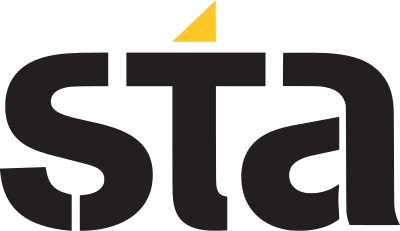
STA
Slovenian Press Agency
Ljubljana (SLO)
-
Practical use of results in news handling
-
Project results dissemination
-
Contribution to developing a debiased news story recommendation tool

GESIS
Lebiniz Institute for the Social Sciences
Cologne (DE)
-
Integration of various metrics and scientometrics into the recommendation and filtering process
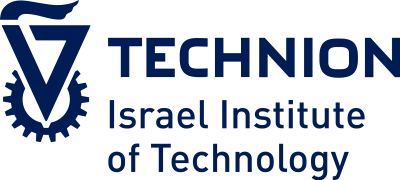
TECH
Technion – Israel Institute of Technology
Haifa (IL)
-
Examining neural mechanisms and brain dynamics related to information overload
Associated partners

UoW
University of Wolverhampton
Wolverhampton (GB)
-
Creating an interactive document and data set search engine
-
Developing its sentiment analysis software
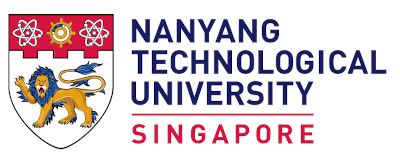
NTU
Nanyang Technological University
Singapore (SG)
-
Sentiment analysis and emotion recognition

RPI
Rensselaer Polytechnic Institute
Troy, NY (USA)
-
Data-driven and analytical modeling of multiscale IOL
-
Feedback in model formulation

TITECH
Tokyo Institute of Technology
Tokyo (JP)
-
Providing a multicultural dimension and global perspective to the
analysis of cognitive and psyschological capacities related to information overload

UND
University of Notre Dame
Notre Dame, IN (USA)
-
Processing of physiological signals from wearables
-
Large-scale data studies
-
Commercialization and gesign of computing research processes

UNH
University of New Hampshire
Durham, NH (USA)
-
Intersection of information retrieval
-
Semantic annotations and machine learning

APA
APA Informations Technologie
Vienna (AT)
-
Automatic categorisation and classification of content
-
Entity and face recognition
-
Article recognition
-
Automatic summarization and clustering
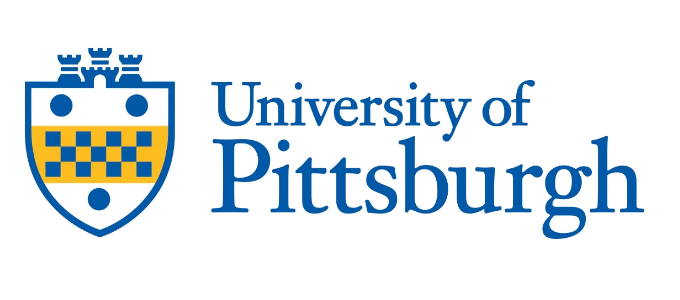
PITT
University of Pittsburgh
Pittsburgh, PA (USA)
-
Constructing user profiles
-
Computing personalised information visualisation and exploration tools

UCa
University of Cambridge
Cambridge (UK)
-
Information overload in genetics

BUAA
Beihang University
Beijing (CN)
-
Information spread using Weiboo and Twitter datasets

JSU
Jiangsu University
Zhenjiang (CN)
-
Textual and topic data
-
Parellel computing

USC
University of Southern California
Los Angeles, CA (USA)
-
Models of emotions
-
Information flow in social networks
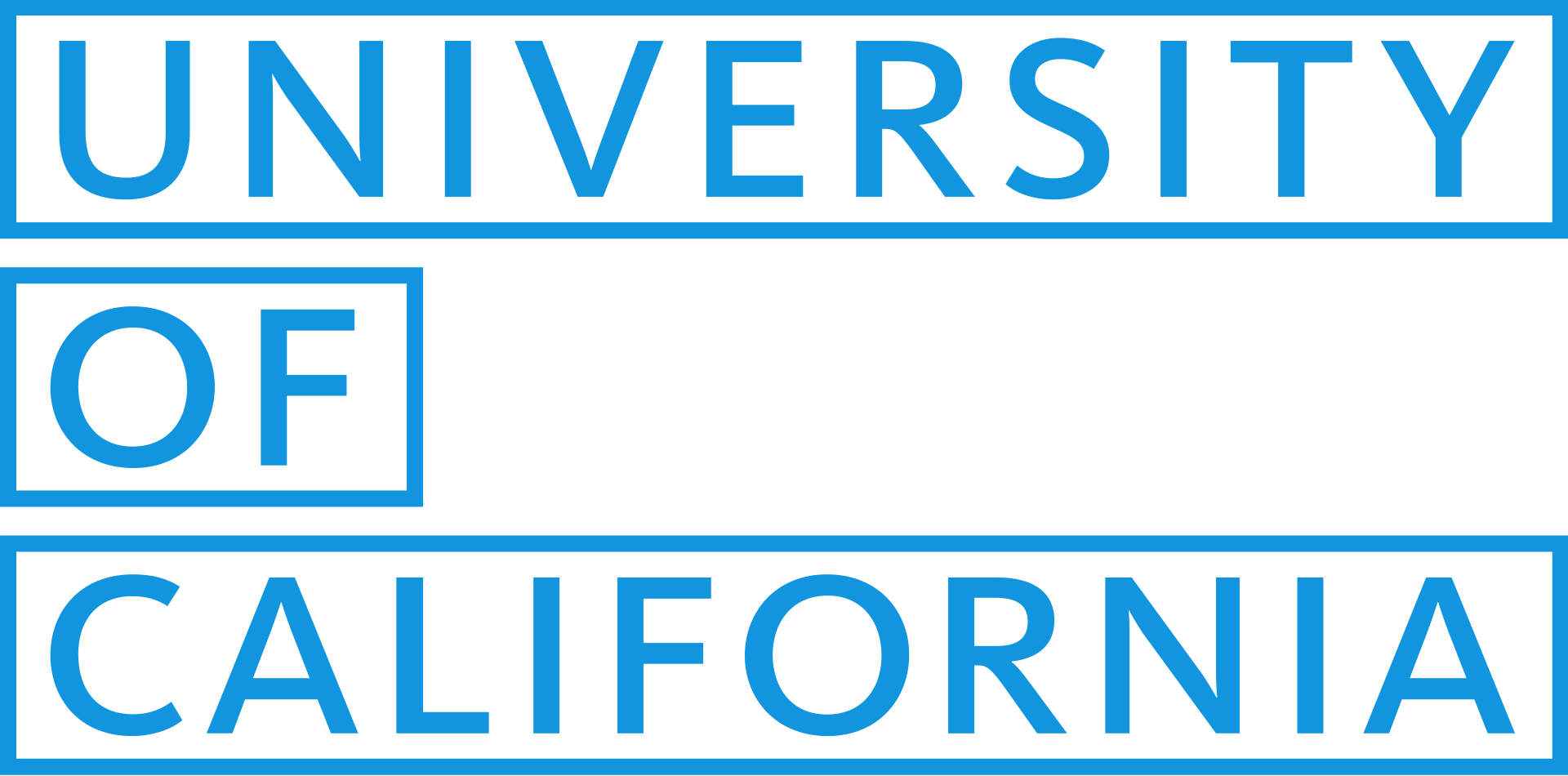
UCD
University of California Davis
Davis, CA (USA)
-
Percolation theory
-
Information cascades in complex networks

UTS
University of Technology Sydney
Sydney (AU)
-
Spreading processes
-
Hawkes processes

ZeA
Zeta Alpha Vector B.V.
Amsterdam (NL)
-
Solutions for information discovery
-
Genrative AI applications
OMINO project consists of the Coordinator and six Beneficiaries - these are the entities that particiapte in the budget obtained from the European Commission and threfore can send researchers for secondments as well as act as hosts for secondees. Their representatives form Project Management Committee that oversees Project implementation. They are supported by Associated Partners (AP), who can act as hosts. University of Wolverhampton is a special Partner - although it formally belongs to AP, UoW posseses its own budget obtained from UKRI (UK Research and Innovation) and thus is also able to second its researchers.
 | |
|
WUT
Warsaw University of Technology
Warsaw (PL)
|
|
 | |
|
WUST
Wroclaw University of Science and Technology
Wrocław (PL)
|
|
 | |
|
BIU
Bar-Ilan University
Ramat Gan (IL)
|
|
 | |
|
MU
Modul University Gmbh
Vienna (AT)
|
|
 | |
|
STA
Slovenian Press Agency
Ljubljana (SLO)
|
|
 | |
|
GESIS
Lebiniz Institute for the Social Sciences
Cologne (DE)
|
|
 | |
|
TECH
Technion – Israel Institute of Technology
Haifa (IL)
|
|
 | |
|
UoW
University of Wolverhampton
Wolverhampton (GB)
|
|
 | |
|
NTU
Nanyang Technological University
Singapore (SG)
|
|
 | |
|
RPI
Rensselaer Polytechnic Institute
Troy, NY (USA)
|
|
 | |
|
TITECH
Tokyo Institute of Technology
Tokyo (JP)
|
|
 | |
|
UND
University of Notre Dame
Notre Dame, IN (USA)
|
|
 | |
|
UNH
University of New Hampshire
Durham, NH (USA)
|
|
 | |
|
APA
APA Informations Technologie
Vienna (AT)
|
|
 | |
|
PITT
University of Pittsburgh
Pittsburgh, PA (USA)
|
|
 | |
|
UCa
University of Cambridge
Cambridge (UK)
|
|
 | |
|
BUAA
Beihang University
Beijing (CN)
|
|
 | |
|
JSU
Jiangsu University
Zhenjiang (CN)
|
|
 | |
|
USC
University of Southern California
Los Angeles, CA (USA)
|
|
 | |
|
UCD
University of California Davis
Davis, CA (USA)
|
|
 | |
|
UTS
University of Technology Sydney
Sydney (AU)
|
|
 | |
|
ZeA
Zeta Alpha Vector B.V.
Amsterdam (NL)
|
|